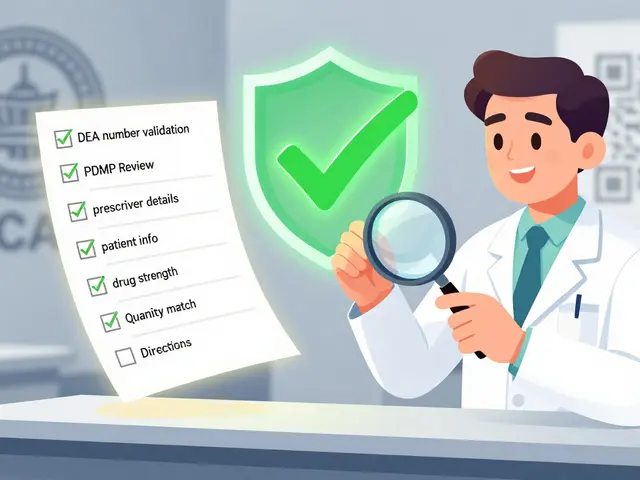Progesterone supplement: what it does and who benefits
Here’s a quick fact that surprises people: progesterone isn’t just a pregnancy hormone — it affects sleep, mood, and how your body responds to estrogen. If you’re dealing with irregular cycles, menopausal symptoms, or preparing for fertility treatment, a progesterone supplement may help. But not every product or dose fits every person, so knowing the options and risks matters.
Which form is right for you?
Progesterone comes in several common forms. Oral micronized progesterone is a pill most doctors prescribe; it’s absorbed better with food and often causes sleepiness, so people take it at night. Vaginal gels, suppositories, or capsules deliver hormone directly to the uterus and are used in fertility care and luteal support. Topical creams are popular but many contain low, inconsistent doses and aren’t always suitable for medical needs. Injections exist too, usually in fertility clinics.
There’s also a big difference between natural (bioidentical) progesterone and synthetic progestins like medroxyprogesterone. They act differently in the body. If you want fewer mood or metabolic side effects, ask your clinician about micronized progesterone rather than a progestin.
Safety, side effects and practical tips
Common side effects include sleepiness, bloating, breast tenderness, and mood swings. Serious problems are rare but tell your provider if you have blood clot risk, uncontrolled liver disease, or hormone-sensitive cancer; they’ll advise accordingly. If you’re taking blood thinners or certain seizure meds, mention that — interactions happen.
Practical tips: take oral progesterone with a meal to improve absorption and reduce nausea. Night dosing often helps if it makes you drowsy. For fertility use, follow timing exactly — luteal support usually starts after ovulation or embryo transfer and doses vary by protocol. Don’t stop or change doses without checking with your doctor.
Want to buy online? Use a licensed pharmacy, check product labeling for "micronized progesterone" and ingredient lists, and avoid products that don’t list dose or manufacturer. Look for pharmacies that require a prescription and have clear contact info. If a website promises miracle results or sells inconsistent-dose creams cheaply, steer clear.
Monitoring matters. If your doctor prescribes progesterone for cycle support or HRT, they may check symptoms, bleed patterns, or measure levels at specific times — progesterone blood tests only mean something if timed right (usually around the luteal peak).
If you’re considering a progesterone supplement, bring your questions to your clinician: why you need it, which form fits your goals, expected side effects, and how long to use it. That makes the choice safer and more likely to help you feel better.





